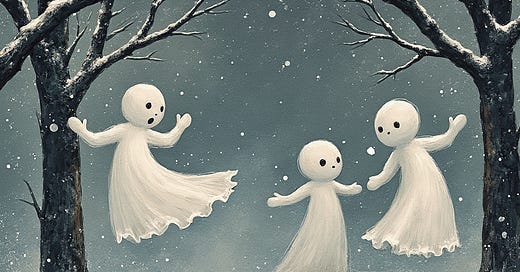“The great majority of people will go on observing forms that cannot be explained; they will keep Christmas Day with Christmas gifts and Christmas benedictions; they will continue to do it; and some day suddenly wake up and discover why.”
– G.K. Chesterton, “On Christmas.”
As each holiday season approaches, I am increasingly aware of an emptiness, a sense…





